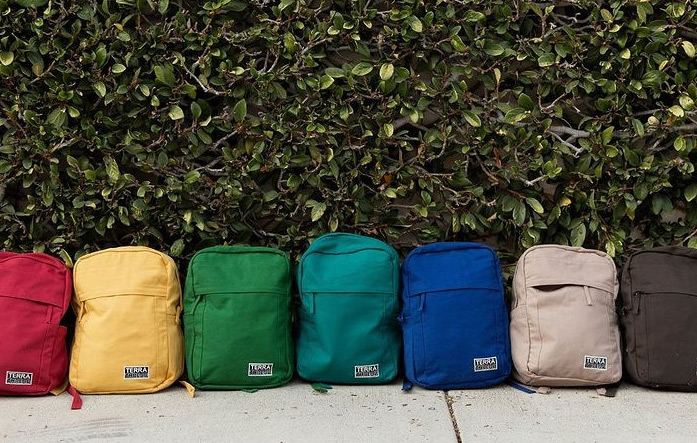People often ask me what I think of fake fur. My feeling is this – if it helps to keep people aesthetically happy and will prevent them from buying real fur, I say go for it. That said, I get concerned that people won’t be able to tell the difference and then it feels like we are advertising that fur is good. So it is a very tricky situation. I have fake fur trim on my coat (pictured above), and I always worry that people might think it’s real. But then friends gently point out to me that it doesn’t look one bit real. A good way to tell if fur is real or fake by separating it – if you see stitching, it is fake. If you see skin, it is real.
However, you can’t be totally sure that your fake fur is cruelty free, or even 100% fake. According to the Humane Society of the United States, some fake furs contain real dog or rabbit fur. The reason this goes unchecked is that the Federal Fur Products Labeling Act only requires manufacturers to identify the use of fur when it is valued over $150. The California State Senate is currently considering a bill AB 1656 that would require manufacturers to label any items made with fur. To support the bill, or lobby for similar legislation in your home state, you can find out how to contact your representatives here.
PETA recently shared their view on fake fur with me. Here’s what they have to say:
“Encouraging people to buy faux fur rather than real fur certainly helps, but we (and HSUS) don’t have an updated list of which companies are mislabeling fur, so it’s best to avoid it all together unless you’re very familiar with the sourcing and the designer.
Because of the inherent cruelty in the fur industry, as seen in this brief video narrated by fashion guru Tim Gunn, a growing list of companies and designers”
Summer is such a magical time for all the obvious reasons. But now our b…




